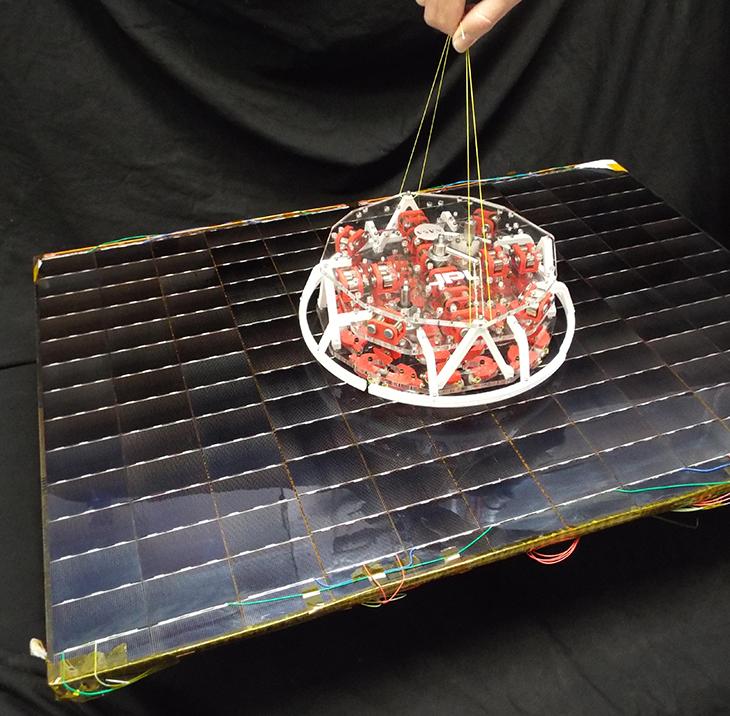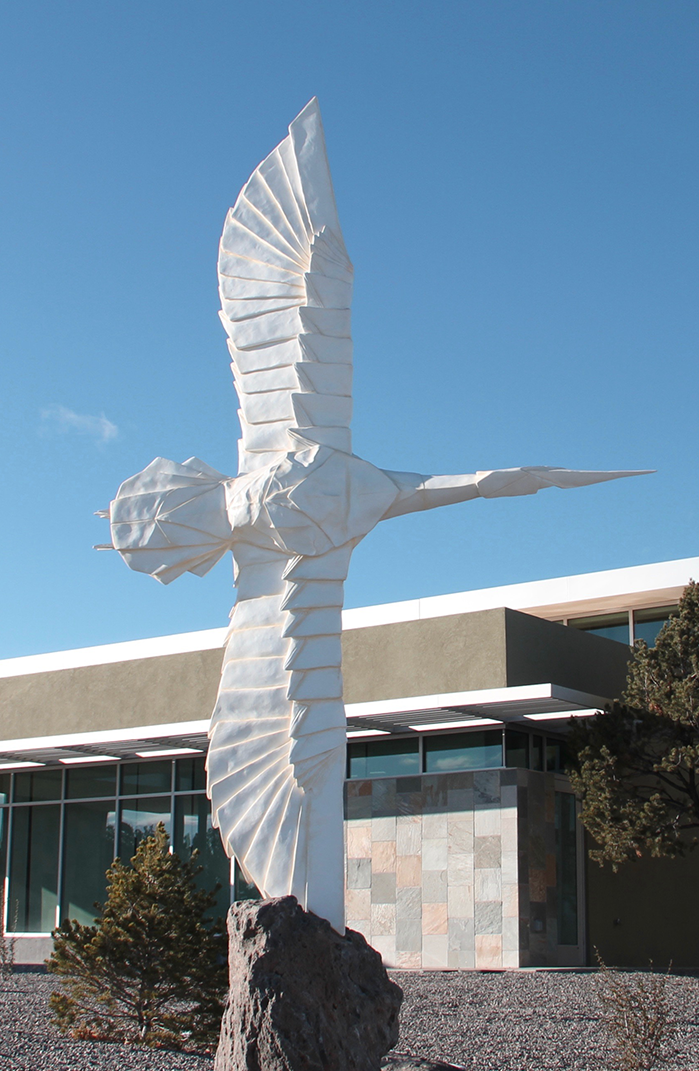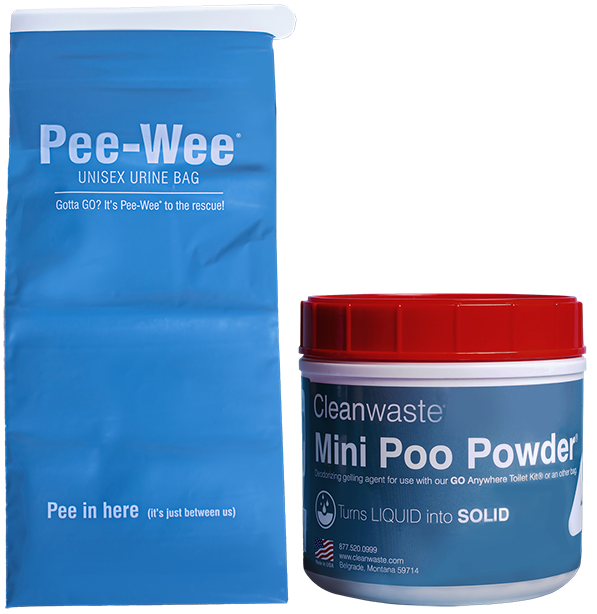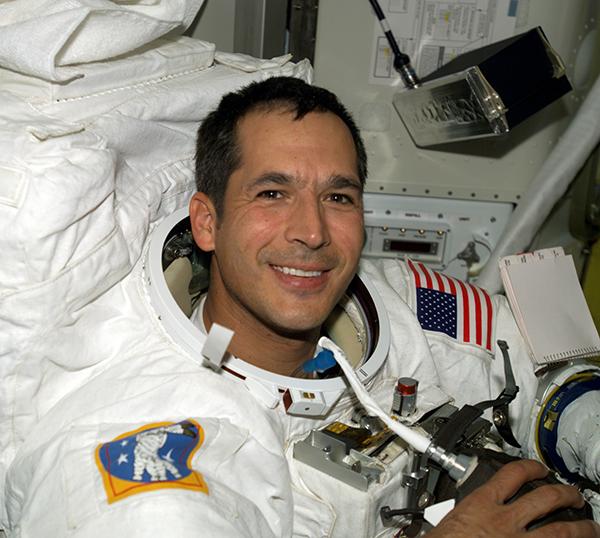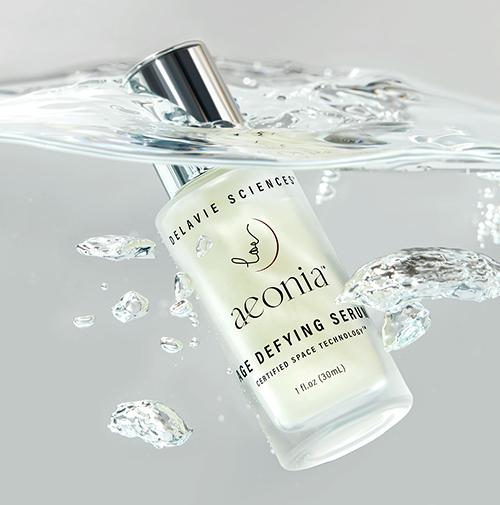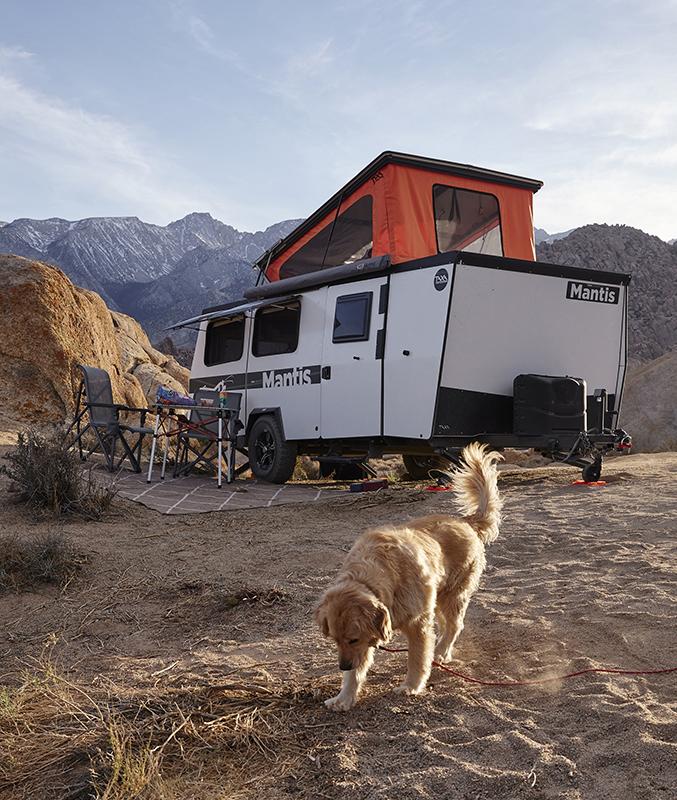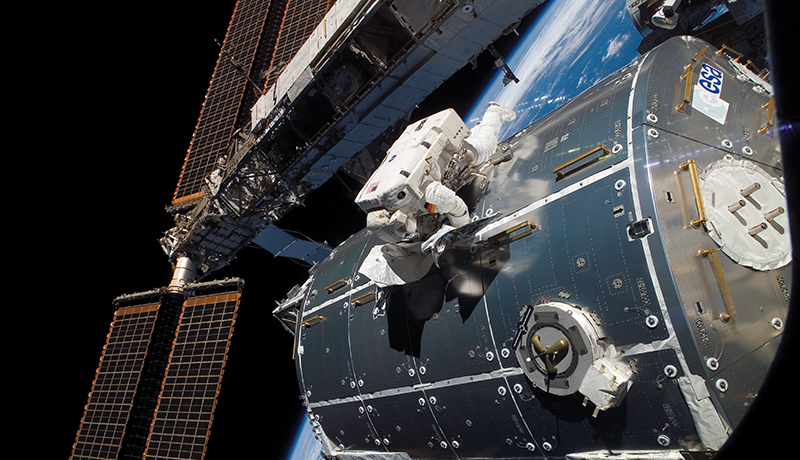
Bioreactor Yields Extracts for Skin Cream
NASA Technology
Most scientists do not question whether the force of gravity will affect their experiments. On Earth, gravity is a constant. For NASA scientists studying the effects of microgravity on the human body, however, it’s a different story.
“The force of gravity is a major variable in our research because we research human physiology in microgravity,” explains Dr. Thomas J. Goodwin, a scientist and inventor at Johnson Space Center. “There are no other researchers in the world—except space scientists—that consider the force of gravity an experimental variable. Negating external forces such as gravity can lead to significant new discoveries in human biology for the benefit of humankind.”
One such example is the bioreactor that came from experimentation by NASA researchers who wanted to replicate microgravity conditions in the laboratory. They invented a rotating wall vessel (RWV) bioreactor that kept the growth medium and cells suspended in the chamber of the device, simulating a constant free fall similar to the conditions found in microgravity. Unlike the way cells typically grow in a laboratory—two-dimensionally on a flat surface—the cells in the RWV bioreactor grew in a three-dimensional fashion, similar to how they naturally grow in the human body. NASA used the RWV bioreactor to perform tissue-growth experiments both on the ground and in space.
“Not only is the cell-to-cell architecture and interaction in the RWV bioreactor better than a two-dimensional medium,” says Goodwin, “but the molecules that the cells produce are very similar to native molecules produced in the human body.”
In addition to producing cells and tissues similar to those produced in the human body, another advantage of the RWV bioreactor is that biomolecules can be made in very large volumes at high purity. “By using the NASA RWV bioreactor, gallons of molecular fluid can be generated in a shorter time than existing methods using other bioreactors or the two-dimensional methods,” says Goodwin.
NASA scientists have continued using the technology to research biological markers indicative of viral infections, oxidative damage, and toxic responses to the microgravity environment. Goodwin hypothesized that oxidative, toxic products could begin to build up in astronauts’ bodies during long space missions and that the toxic effects tend to worsen as a mission continues for months or years. His team grew human kidney tissue in the RWV bioreactor to investigate tissue response and then looked at the kinds of molecules produced in the tissue based on the microgravity environment and specific toxins. The final goal of the investigation, says Goodwin, was, “Can we do anything to protect the cells and tissues from these oxidative, toxic products?”
While examining this question, the researchers found that molecules produced by the cells will vary after exposure to certain toxins in their cellular environment. Based on that discovery, they started wondering what other kinds of tissues would grow in the RWV bioreactor, as well as what molecules those tissues would produce. During their investigation of adult human kidney, lung, and epithelial stem cells, Goodwin’s group produced a range of biomolecules that had regenerative qualities, including fibroblasts—adhesive molecules that help to hold cells together.
“The spectrum of different molecules that were produced was a surprise to us,” Goodwin says. “We found things there that were really very useful that we had not thought about when we first started the experimentation.”
Technology Transfer
The patent for the process to produce a regenerative fibroblast extract using the NASA bioreactor was licensed from NASA by a company in 2013. That business, Technology Applications International Corporation, formed a subsidiary company, Renuèll Int’l Inc., based in North Miami Beach, Florida, to market and sell cosmetic skin care products infused with the NASA bioreactor-produced fibroblast extract to promote skin healing and skin rejuvenation.
Benefits
Renuèll’s skin care product, RE`JUVEL, is a facial repair cream that yields benefits for both men and women. According to Renuèll, the product stimulates the body’s cellular activity and rebuilds and tightens skin for a firm, healthy, youthful appearance. The company claims that benefits include reduced wrinkles, increased skin moisture, and reduced skin discoloration due to age spots and dark circles. In addition, the company finds that RE`JUVEL stimulates the growth of new collagen and has acne-fighting capabilities.
The key ingredient is a composition that includes agents from human fibroblasts grown using the RWV bioreactor. Fibroblast skin cells exist naturally in the skin and play a critical role in healing. As people age, the body generates fewer fibroblast cells; replenishing those cells allows the skin to repair itself more quickly.
According to John Stickler, vice president of Renuèll, “As we age, elasticity decreases and blotching and wrinkles appear. Our skin shows uneven skin tones and discoloration. When RE`JUVEL is applied, your skin absorbs the compound and stimulates the repair of your skin naturally using your body’s own healing abilities.”
Stickler says that when used properly, and depending on a person’s skin type, results may be seen as quickly as in several hours or days. According to efficacy results from a Food and Drug Administration (FDA)-approved laboratory, on average, RE`JUVEL increased skin moisture content by 76 percent, reduced darkness by 61 percent, reduced wrinkles by 54 percent, reduced dark circles by 57 percent, and increased biological elasticity by 43 percent.
The product is currently available on the company’s website, in salons, and in doctors’ offices and will soon be available in retail outlets.
“One never really knows what kind of applications will come from a discovery process,” Goodwin says. “This was truly a discovery process that had one intention and goal for NASA but has led to something completely different that can benefit people on the ground.”
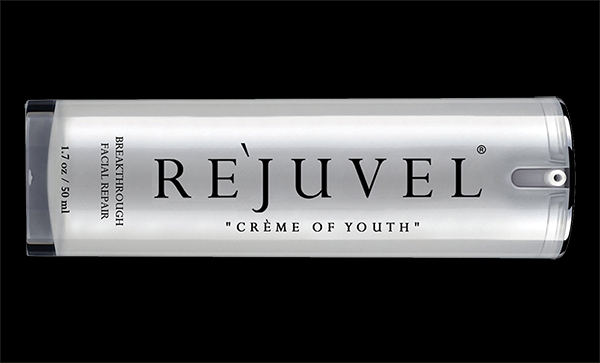
When used as directed, RE`JUVEL has been shown to significantly increase skin moisture and reduce darkness and wrinkles.

European Space Agency astronaut Hans Schlegel works on the Columbus module of the International Space Station (ISS) during STS-122. Columbus is a science laboratory that has housed many experiments on the ISS, including research into how micro-organisms react to and grow in the microgravity environment. Image courtesy of ESA







